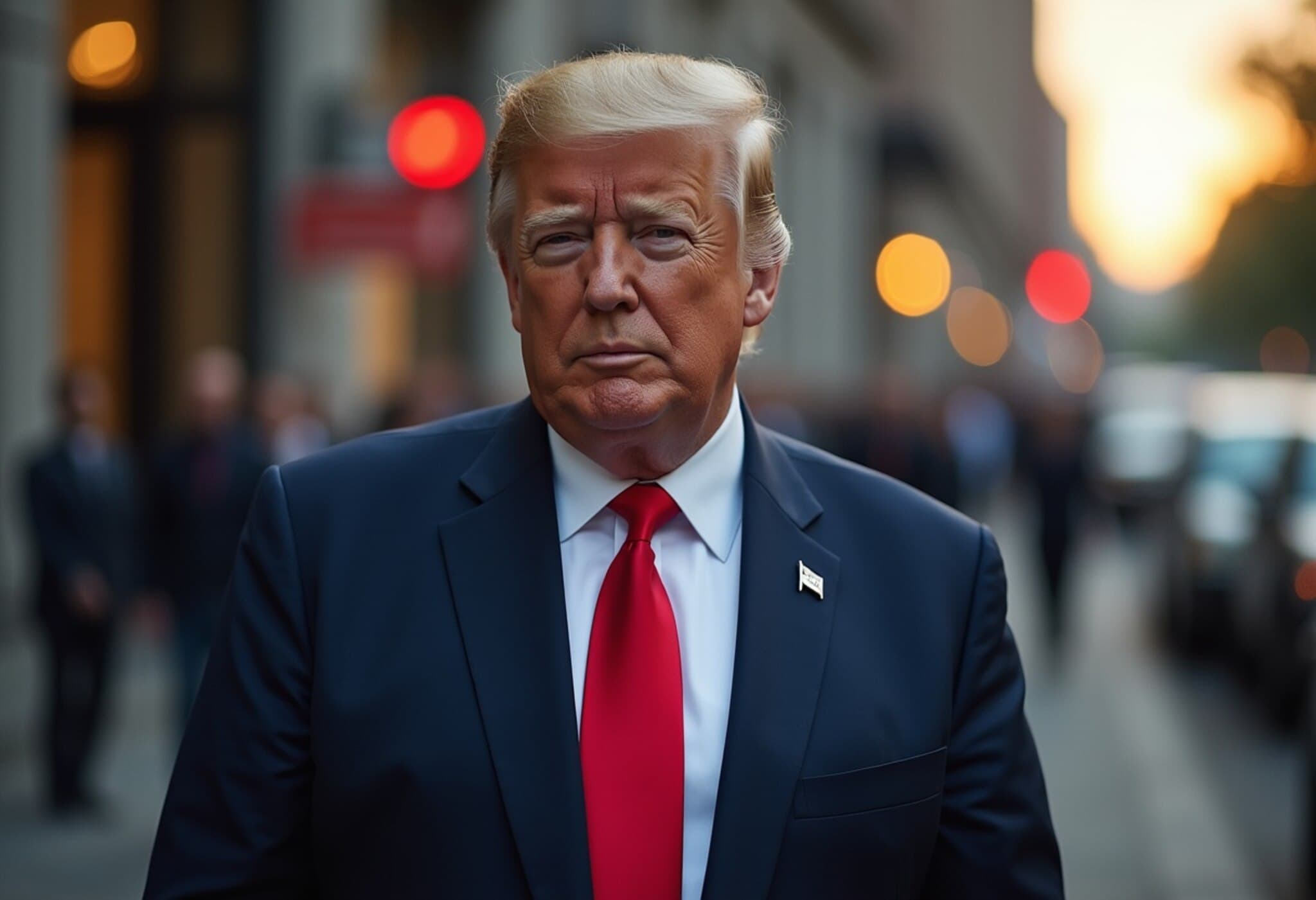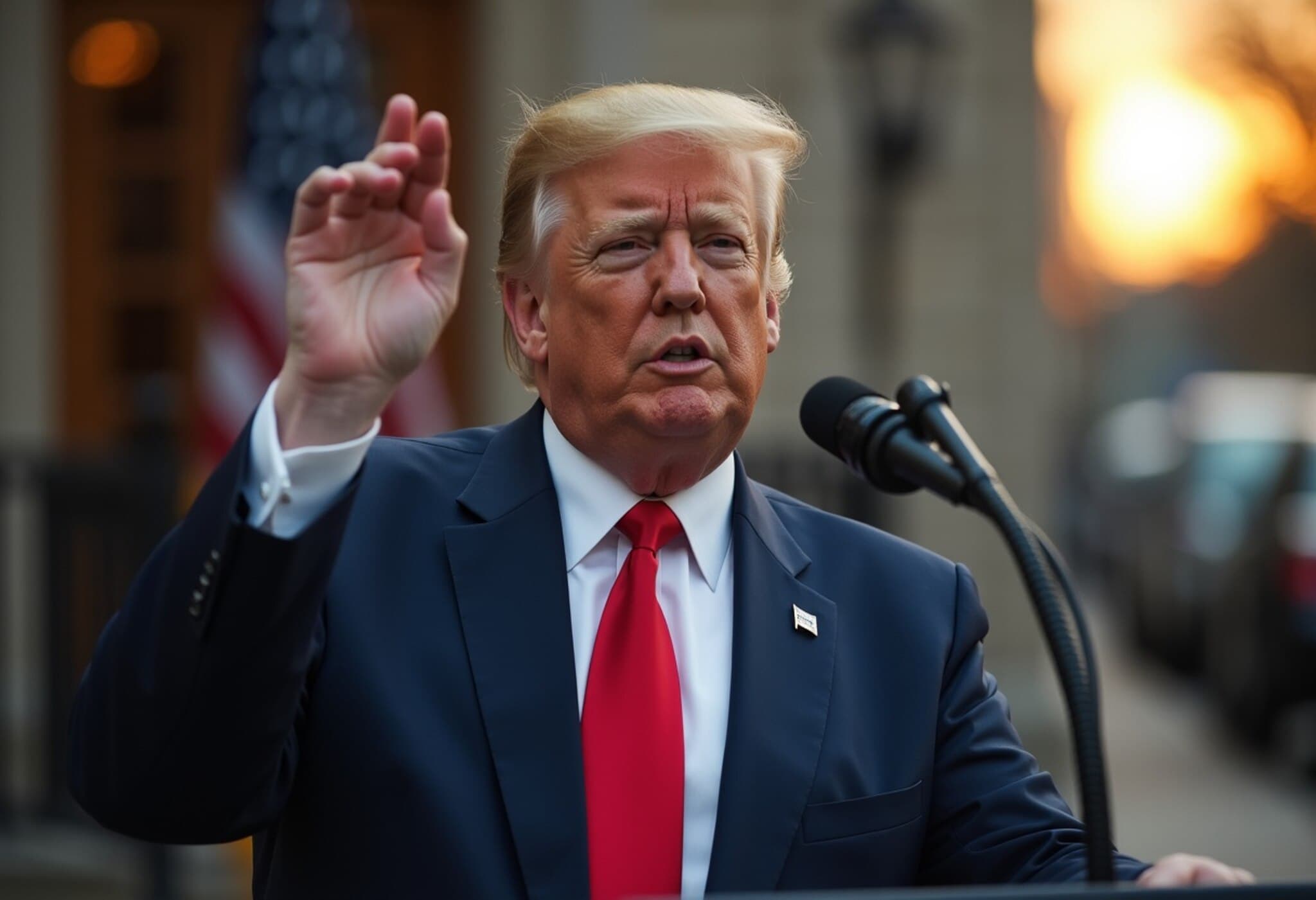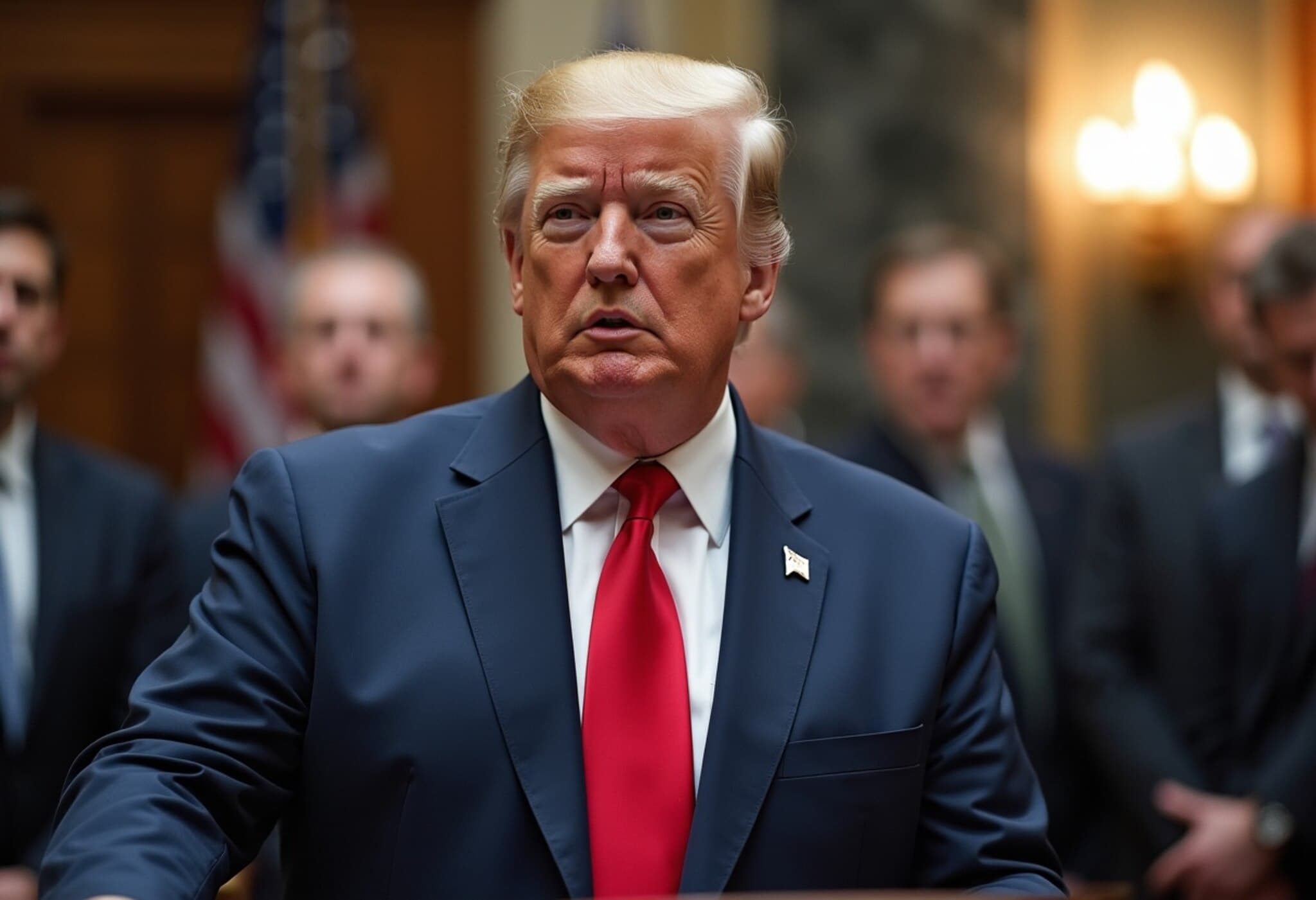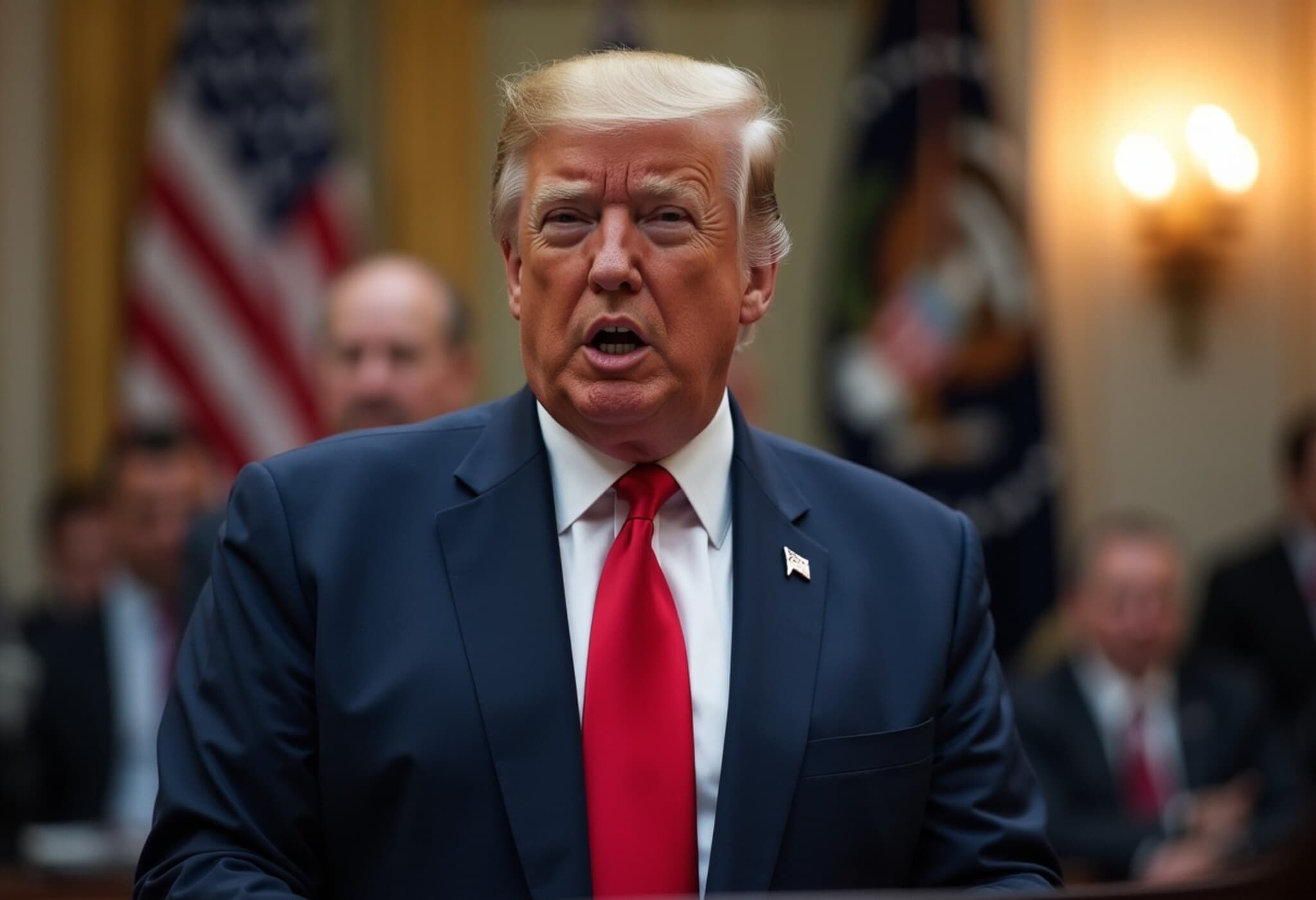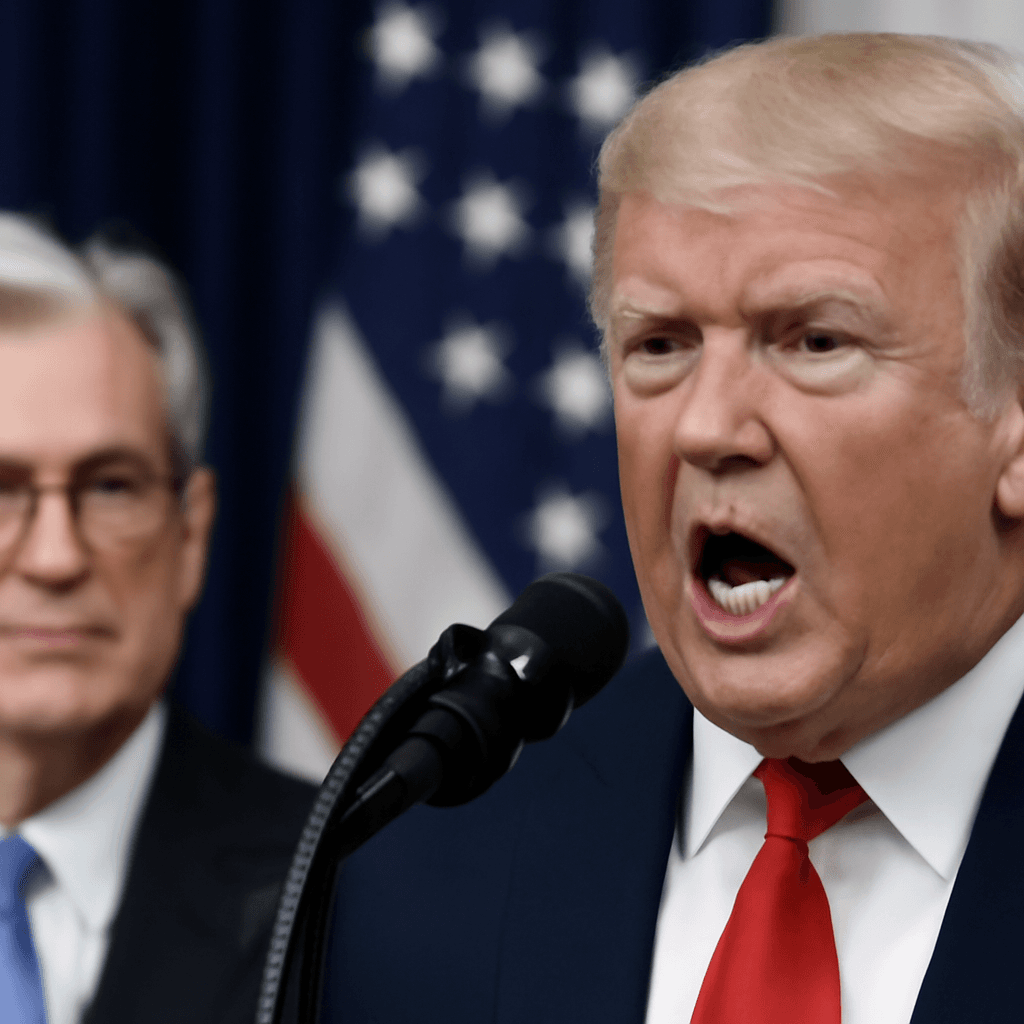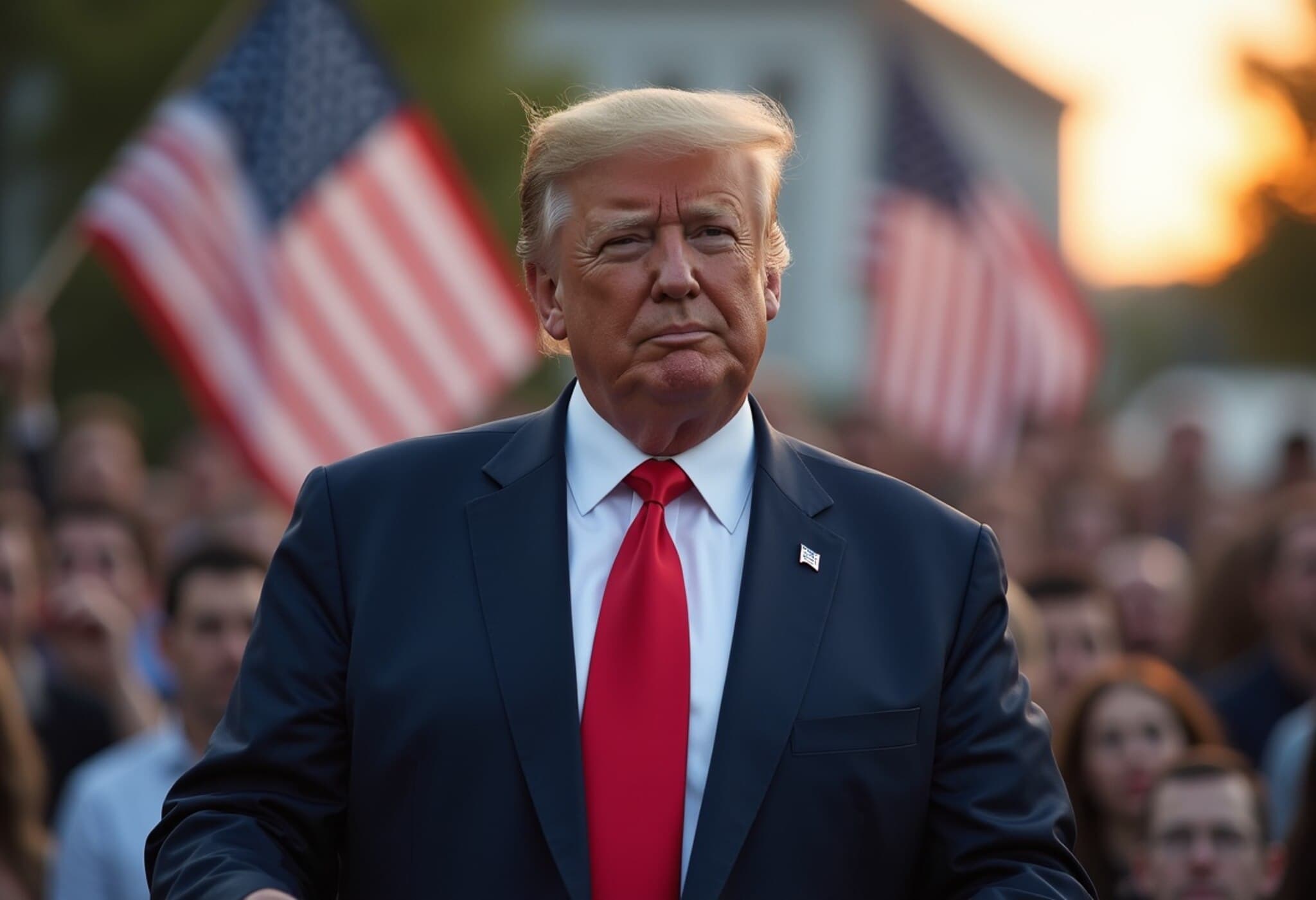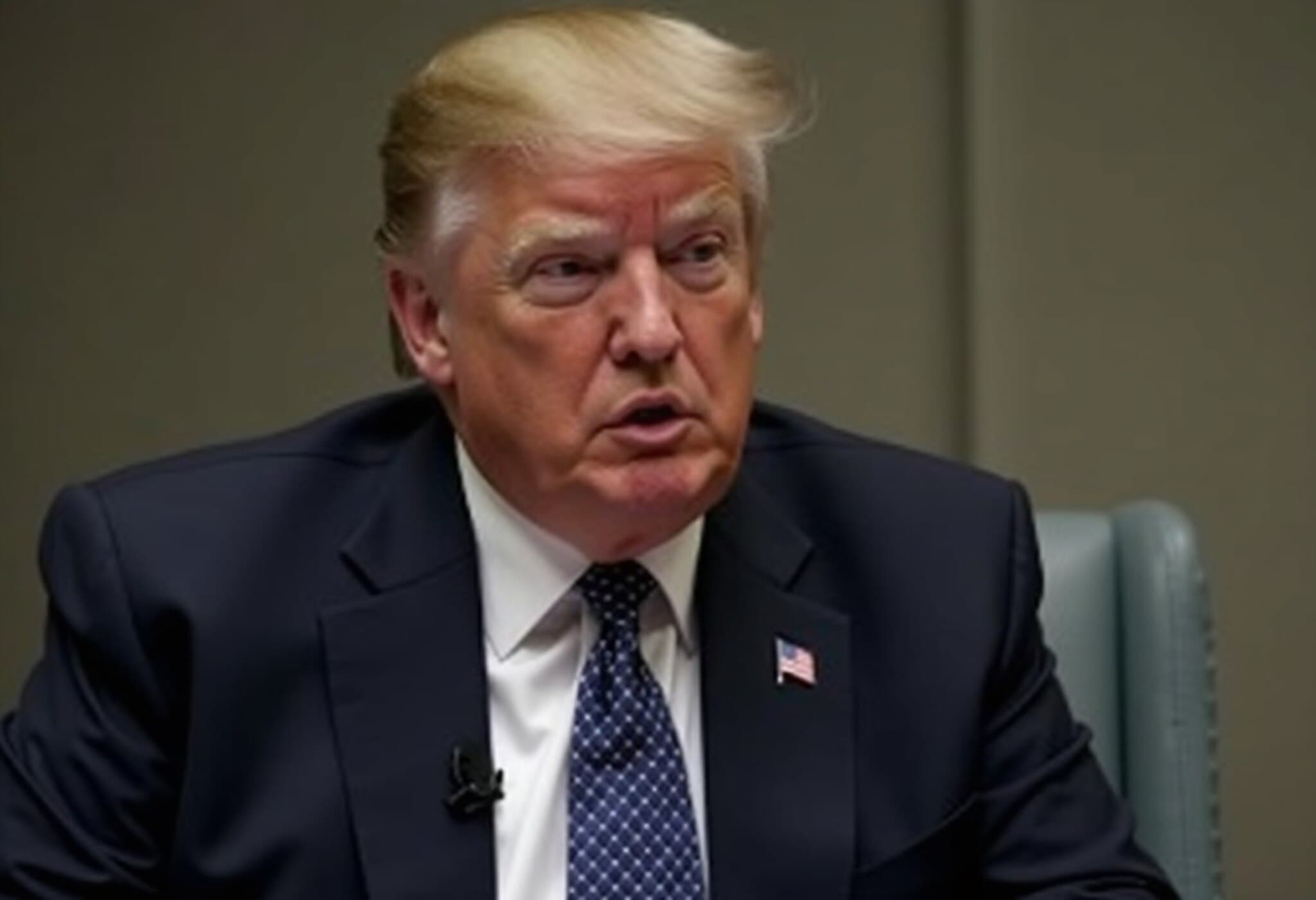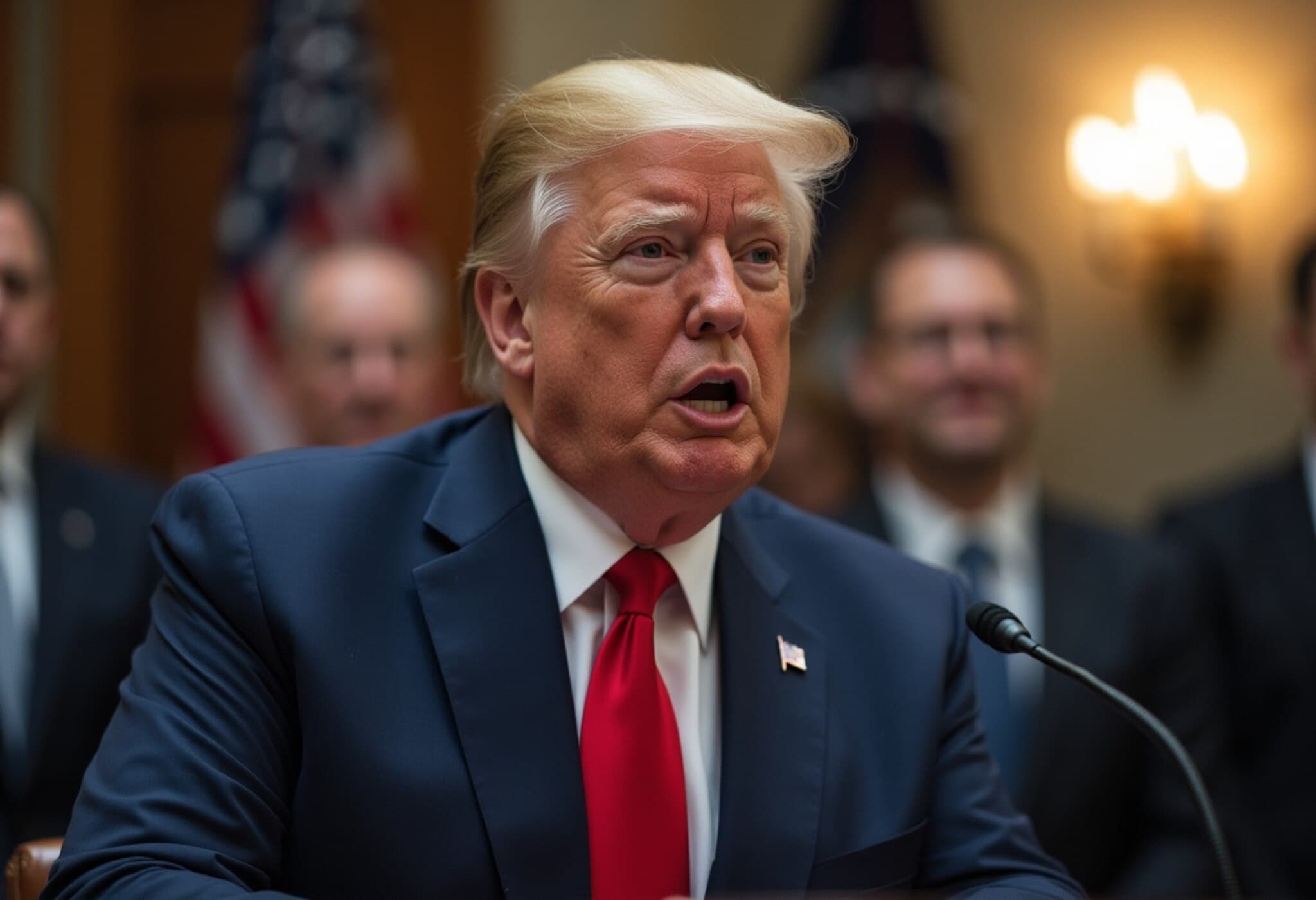Trump Dismisses Labor Statistics Commissioner Amid Job Report Fallout
In a move that has stirred political and economic debate, former US President Donald Trump ordered the firing of the Labor Statistics Commissioner following a dismal July employment report that revealed far weaker job growth than anticipated. The sudden dismissal raises crucial questions about the integrity of economic data and political interference in federal institutions.
July Jobs Report Falls Short of Expectations
The Bureau of Labor Statistics (BLS) reported that only 73,000 new jobs were added in the US in July 2025, a figure that alarmed analysts and fell significantly short of market expectations. Even more startling were the dramatic revisions to the previous months' data—May’s job growth was revised from an initially stated 144,000 to just 19,000, while June was adjusted from 147,000 to 14,000. These downward revisions totaled a reduction of 258,000 jobs over two months.
Such significant revisions, while not uncommon due to the BLS’s data collection methodology, which relies on delayed employer payroll responses, prompted immediate backlash from Trump.
Trump's Accusations and Swift Action
President Trump, departing the White House for a New Jersey golf outing, publicly condemned the data as “rigged,” alleging—without substantive evidence—that the jobs numbers were manipulated by a Biden-appointed commissioner, Dr. Erika McEntarfer, to politically disadvantage Republicans.
“I have directed my Team to fire this Biden Political Appointee, IMMEDIATELY. Important numbers like this must be fair and accurate, they can’t be manipulated for political purposes,” Trump stated on his social media platform.
Labor Secretary Lori Chavez-DeRemer confirmed the dismissal, stating her agreement with Trump that the job statistics must remain impartial and transparent. The deputy commissioner took over the role in an acting capacity.
Expert Analysis: Threats to Institutional Trust
Economists and political analysts have voiced concern over the politicization of the BLS. Arin Dube, a respected labor economist at the University of Massachusetts-Amherst, warned that firing a leader over routine statistical revisions could severely undermine public trust in government data.
“The Bureau routinely revises figures as it receives more accurate data. Punishing the commissioner for delivering such revisions threatens the credibility of vital economic information,” Dube emphasized.
Political Reactions Highlight Deep Divides
Democratic Senate Majority Leader Chuck Schumer criticized Trump’s action, likening it to authoritarian tactics and urging the former president to accept the economy’s realities.
“When he gets the news he doesn’t like, he shoots the messenger. The economy’s challenges stem from policies, not the statistics,” Schumer remarked.
Conversely, some conservative voices, while hesitant to defend Trump’s drastic step, acknowledged the need for accurate labor data to inform public policy and economic confidence.
Oren Cass, a conservative policy advisor, cautioned on social media that dismissing a public servant over official data could worsen public perception and obscure the true state of the economy.
Context: Job Data in Political Crosshairs
This episode highlights a growing concern about political influence over crucial statistical agencies whose independence is fundamental to informed governance and market stability. Employment statistics shape everything from monetary policy decisions at the Federal Reserve to political narratives during elections. The sudden firing of the sole presidential appointee at the BLS threatens to set a precedent where economic data might be weaponized or undermined for partisan gain.
What’s Next for US Employment Data?
With the acting commissioner at the helm, the Bureau faces the challenge of restoring confidence amid turbulent political currents. Stakeholders across economic and political spheres will be watching closely to see if future data releases reflect improved transparency and resilience from external pressures.
Editor's Note
This incident reiterates the delicate balance between politics and data integrity in the United States. It raises critical questions about how governments should safeguard institutional independence while ensuring accountability. Readers might reflect on: How can statistical agencies maintain trust in an age of hyperpartisanship? What mechanisms should exist to prevent political retaliation against data officials? These issues are not only vital for economic stability but also for the health of democracy.

